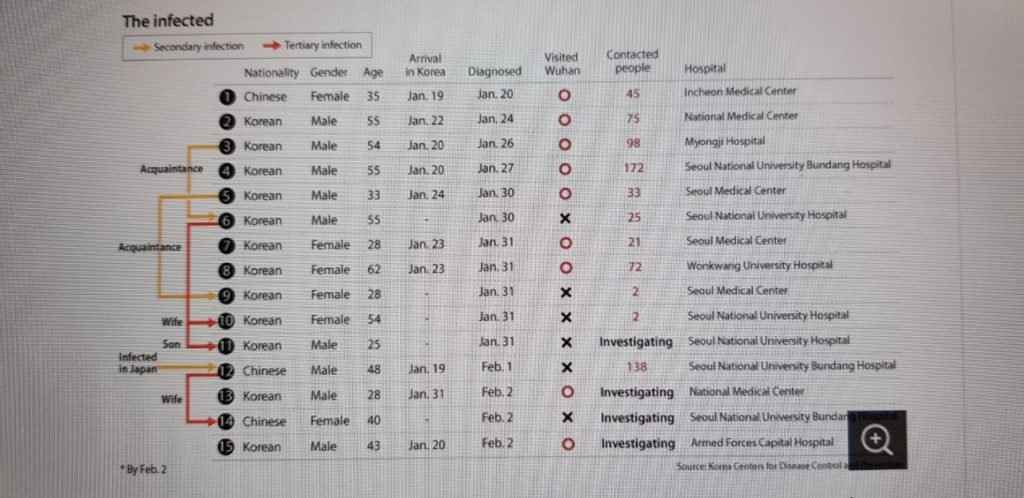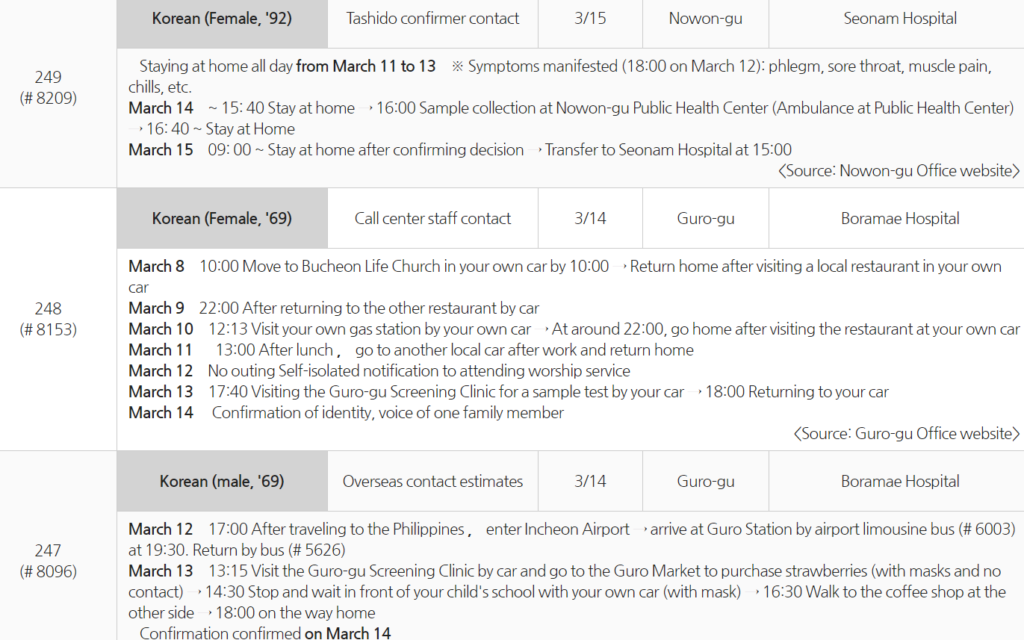As news of the COVID-19 outbreak started coming out of China, most countries looked on with disbelief, never imagining that it would impact them like it did China. In South Korea, the first reports started coming in February 2020 and before we knew it, everything started to change. Looking back now at the distant past that was actually just a few weeks ago, we learned and did many things that allowed us to live and continue work/life with the least disruption.
Initially, when only a few cases were being reported each day and the total was just a under a few hundred in the initial weeks, our approach was to identify sources of credible information online. No one really thought work-from-home would be needed. However, the organization was clear about what infrastructure was needed to move to a work-from-home arrangement, which was put in place within a week, just in case the need arose.
It should be noted that working from home is a novel, and I’d even say unwelcomed, concept in South Korea. When we decided to experiment with work-from-home, it was voluntary in the initial days but almost no one opted for it. Within the week, however, we were compelled to enforce it. It wasn’t an easy decision but one that had to be made for the safety of our team. While the initial weeks were uncomfortable for many, it is now part of daily life and even enjoyable for the majority.
South Korea followed a strategy called T-T-T (Trace-Test-Treat) that allowed excellent contact tracing and patient path sharing with everyone to help identify if you could have come into contact with a COVID-19 patient. It was widely available and completely free.


Screenshot of a sample message people would receive in case their path coincided with an infected person
We started working from home and always used face masks while travelling and sanitizers before and after meetings. Since CACTUS Seoul works closely with universities, university visits are a regular affair. Every university office kept sanitizers at the entrance and on all tables and everyone was encouraged to use them. It was heartening to see universities innovate to continue operations. Universities resumed on March 16 but moved to virtual lectures.
When reports of several hundred cases started streaming in, many government offices started staggered work hours and batching when travel was not avoidable. CACTUS’s Seoul team started weekly online team meetings among operation managers to identify problems with working from home, address them, and agree on the next steps. By the time there was a dip in reported cases, workflow and virtual collaborations had improved. Meeting people and travel still took place, but mostly with masks and sanitizers that were placed conveniently.
Working out of South Korea during this period taught me a few things:
- There is nothing to fear if you are well informed and take the right precautions: masks, sanitizers, no crowds, off-peak-hour travel. Work from home when you are not needed to be physically present, but don’t hesitate to run your errands (following government guidelines, of course).
- Make sure that you prepare and have the infrastructure to work from home as needed. I’m grateful to HR and other support teams at CACTUS for proactively enabling everyone to work from home.
There’s a lot to learn from how South Korea has handled the situation. Hope other countries are able to emulate to strategy adopted in South Korea and we get out of this situation soon.
